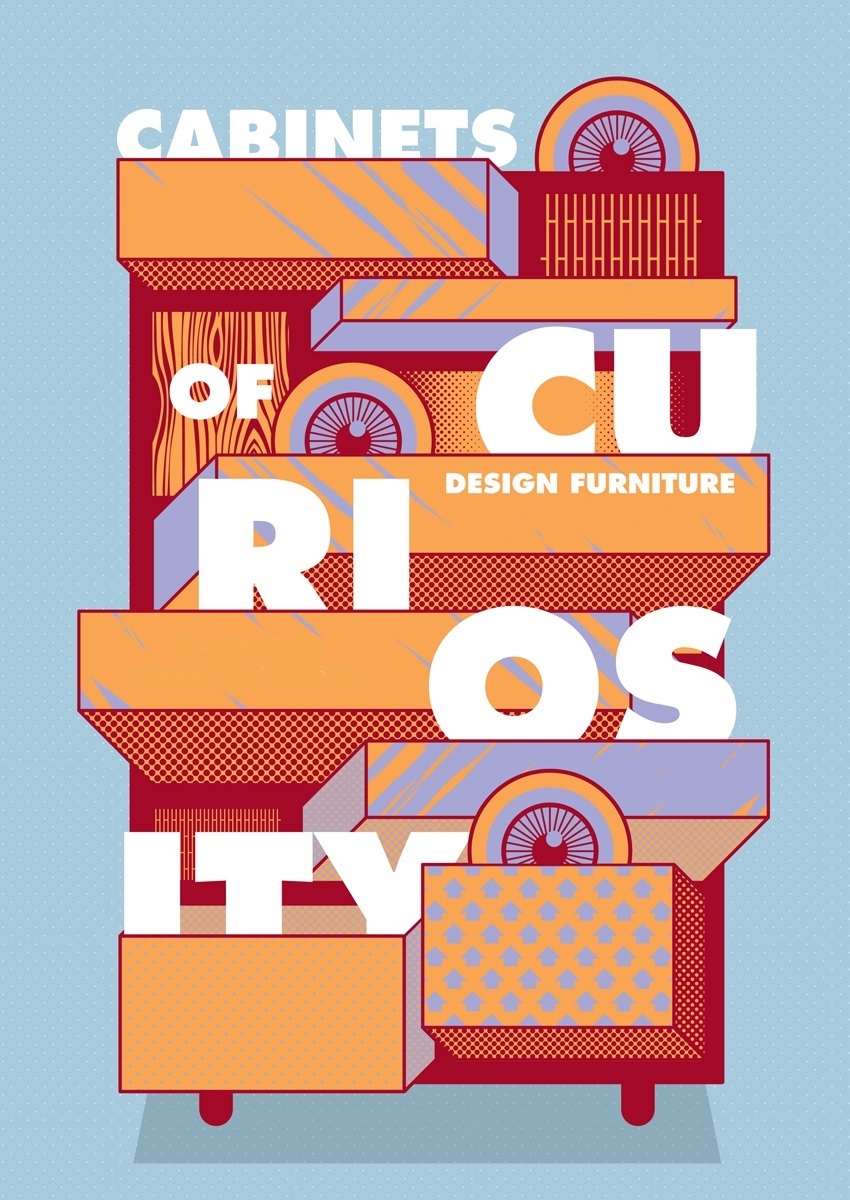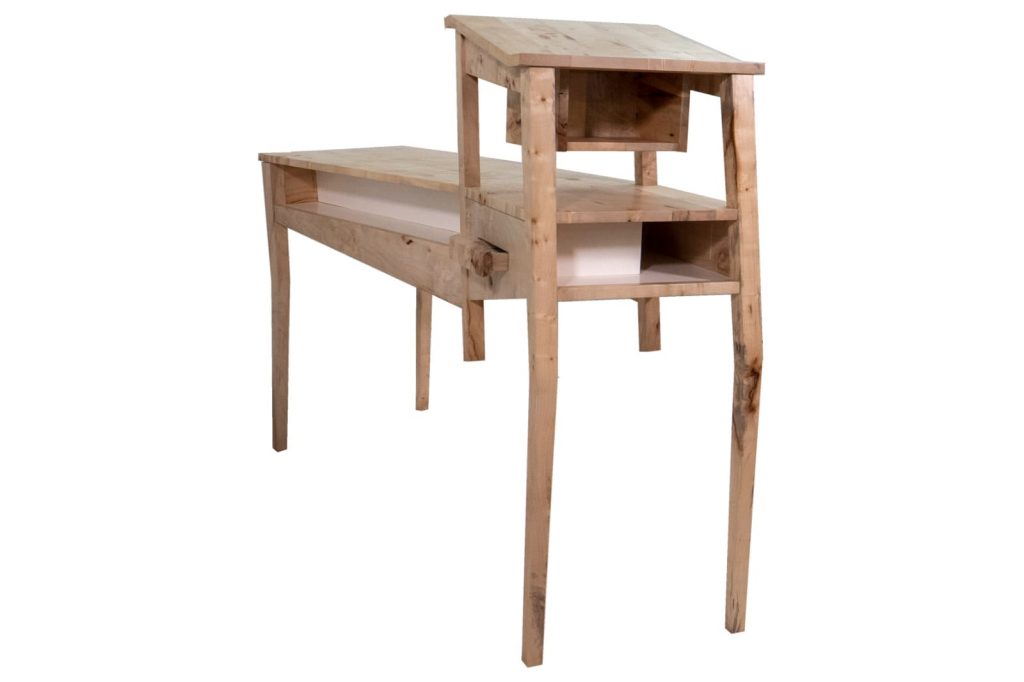On second thoughts
What are you thinking about right now?
Did you decide that all by yourself or were you influenced by someone or something?
With so much talk of big data being analysed with algorithms, you could be forgiven for thinking that our ideas are redundant. That it is out of our human hands anyway. Strange that we accept this so meekly. Big data analysis only really exploits our animal behaviour (I mean this in a good way). Our first response to triggers. So organisations that can afford to do so dominate the internet through buying big data results and creating more triggers for us to get hooked by. What can we do? Have they really got inside our heads?
Most of us don’t think, we act. All day long. Week after week. For most of our lives. Realistically, if you had to consider every decision you ever took, you would experience great difficulty in even getting out of bed in the morning. A fate that befell a number of famous philosophers to one degree or another, so beware of overthinking. But not thinking at all lets someone or something else push your buttons.
Importance
Does it matter anyway? If you need something, do you need to take your own independent decision, or is being coerced into a purchase by a style guru any different from an algorithm? Perhaps it does matter. Sometimes we have second thoughts. When we question our immediate response or actions. The split second extra we take to review our decision is often when we reach our best choices in life. So is hesitation such a bad thing?
It is generally accepted that not thinking at all can be dangerous. In some countries, thinking or spreading ideas that do not sit with the people in power can be dangerous for you too. So it is not for the fainthearted. This just goes to show how powerful thinking actually is. An idea can set off a seismic shift in perceptions and following that, actions. This might explain why the insanely wealthy and powerful people in the world like to manipulate and control ideas. Yet, in the free world we see no immediate threats and so we get lazy and leave the thinking to just a few people who seem to enjoy doing just that. And what is actually free in the free world anyway?
Decisions, decisions
The extremely small number of people in the world who take most of the decisions are not necessarily out to disadvantage anyone or particularly better their own position. They are usually very conservative, in that they don’t like change. They like things to stay as they have always been. It is how it has always been. Unfortunately, this thinking has the side-effect of bettering their position at the expense of others. We need change, however gradual, to adapt, accommodate and care for flora and fauna and future generations. Strangely, as the number of people on the planet increases, you might logically assume that the number of decision-makers would also increase, and yet, it is shrinking.
Second thoughts
Thinking is free, and although it does require effort, can we really afford not to do it? So, on second thoughts, are you brave enough to make up your own mind, hesitate and trust your second thoughts?


